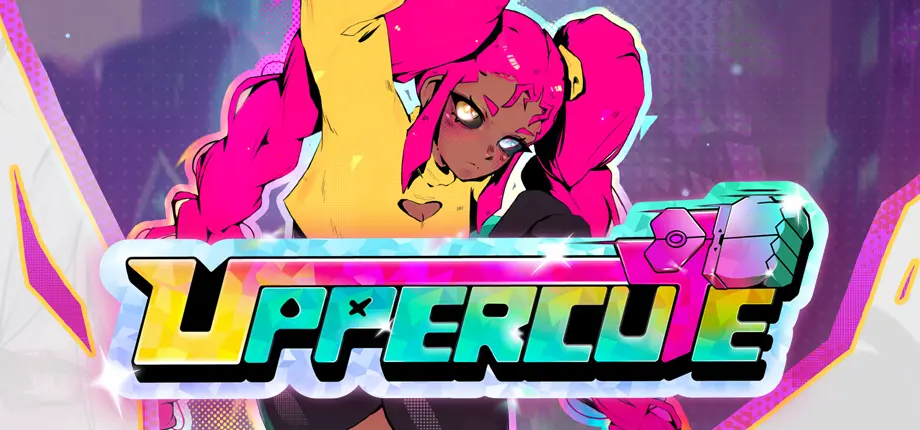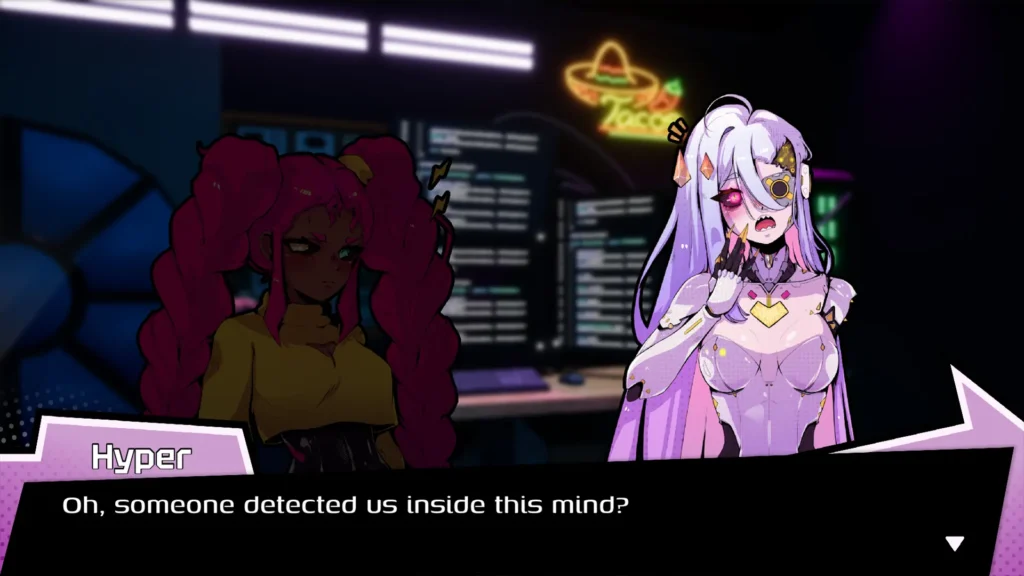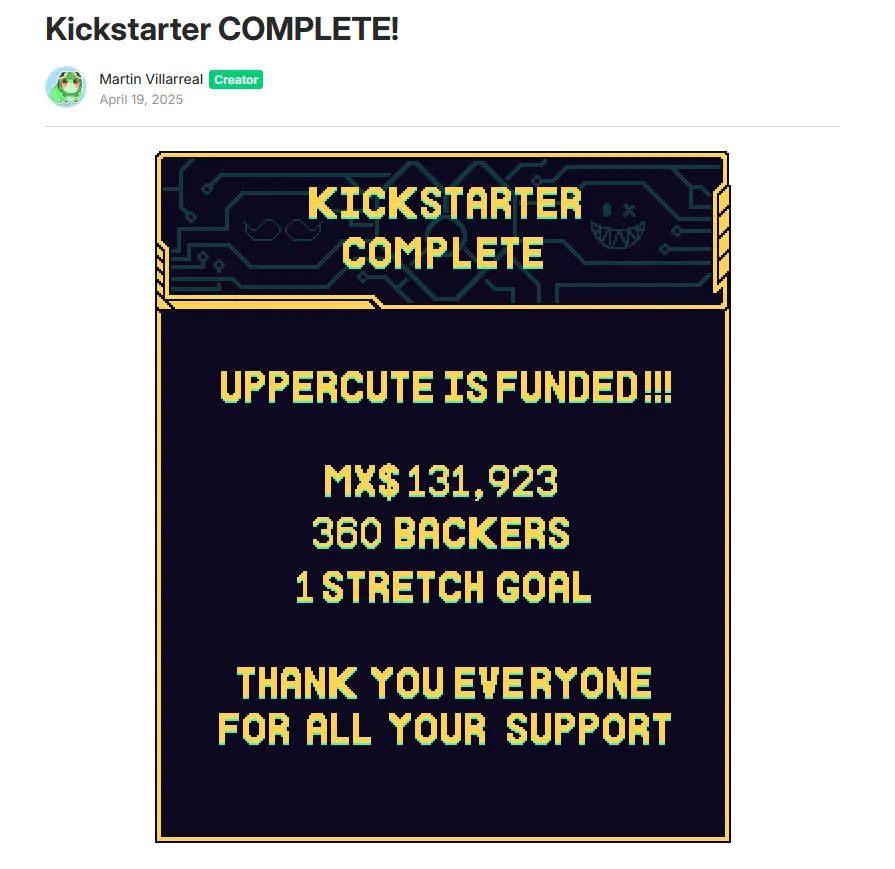How far would you go to pursue your dreams? Mexican programmer Martin Villareal found himself facing this dilemma: continue working on mobile and web programming, locked in a large office with only himself inside all day, or pursue what he always wanted and try to break into video game production.
“I remember… being in front of the screen and thinking: ‘Is that it? Am I going to do this for the rest of my life?'” the Mexican developer commented in an interview with Mexican Press Agency (MxPA).
The COVID-19 pandemic was the final push Martin needed to decide the direction of his life. He resumed programming video games and set a clear goal that would eventually be named Uppercute.

Martín, along with some colleagues, founded the Pretty Scar studio, which is headquartered in Monterrey, Mexico.
The name Uppercute came from the artist Lovelydoodlez, who, together with 3D artist Federico Gonzalez, gave life to the main characters and enemies of the game’s futuristic world.

The Mexican developer was not immune to criticism, as he commented that people judge him harshly for pursuing his passion.
“When I started this project, someone did tell me, ‘Well, you’re too old to start your own project,'” but if that were the case, what would be the problem? As Martín himself put it: if you want to go all out, why can’t you try?
Martín knew well that the real challenge was raising money to realize his ambitions of bringing to the world a game that hadn’t existed before.
Generally, there are two processes for raising money. The first is to generate a video game proposal and begin searching for a publisher that sees a future in the project and will invest in it. Of course, this comes with a series of creative restrictions on the part of the publisher. Martín also warned against entering into abusive contracts or falling for scams, because when novice developers see someone believing in them for the first time, they become vulnerable.
The second method for funding a video game is to trust that there’s a community out there willing to donate money to the project, hoping it will be completed and deliver on its promises. There are various platforms for this, but the most popular (and the one the Mexican used) is Kickstarter.
Unfortunately, launching your project on Kickstarter presents other challenges. For example, if the campaign doesn’t reach its goal, the project won’t go anywhere.
The Uppercute developer also expressed that many consumers are wary of projects on this platform because there have been cases where games are not completed: “Even in Mexico, there are several projects I know of that never came to fruition and are completely stuck because what they showed was an edited video,” he commented.
Martín and his team needed more than just a promise to prove they had the talent and experience to carry out this project. They decided to complete a demo, a short demonstration of the game they intend to complete, allowing people to play a few levels. This is a risky move because it means working and spending their own money to develop a demo that they don’t know will raise enough money on Kickstarter.
After much work and planning, on April 19, Martín wrote the words the team had been waiting for: “Uppercute is funded.”

The project managed to raise 131,923 MXN or 6,774 USD, a small amount in the context of the video game industry, but according to the Mexican’s calculations, enough to bring the video game he has in mind to life.
This success it’s a temporary respite; the Pretty Scar team has a huge task ahead of them. They have to finish the game within the budget they managed to raise on Kickstarter, as well as deliver the promised bonuses to all backers.
Uppercute does not have an official release date yet, but its Kickstarter campaign estimates that the project will be completed by September of this year.
If you like platformers with an emphasis on speed and speedrunning, check out the Uppercute demo, which you can find on Steam at this link:
Related: With The Baker video game, gamers celebrate Mexican cuisine from Tokyo